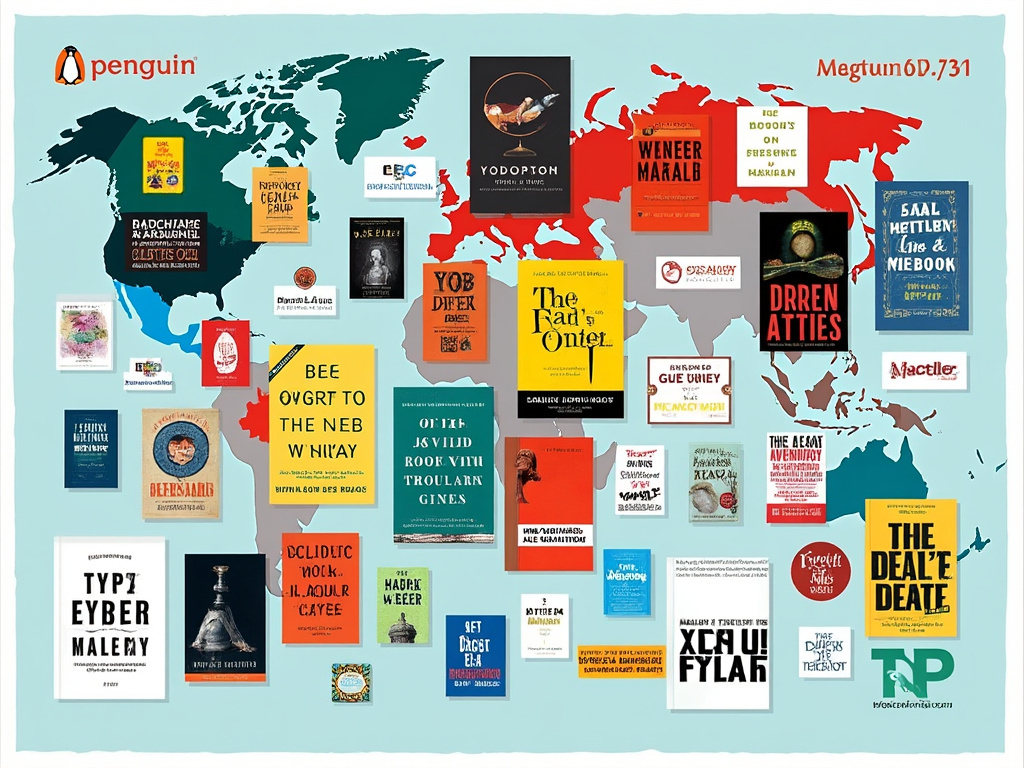What is Book Distribution?
Book distribution is the structured process of making your book available to readers across various platforms, such as physical bookstores, online retailers, libraries, and even subscription services. It encompasses multiple stages, from the initial production or publication to ensuring accessibility for potential buyers. For authors, mastering book distribution is crucial to building a successful career, as it ensures that their work gains the visibility needed to connect with a wider audience.
Effective distribution is more than just logistics; it is a strategic approach that maximizes a book’s market reach. Whether working independently or with a publisher, understanding how book distribution operates will empower authors to make informed decisions and tailor their efforts toward achieving commercial and critical success.

How Does Book Distribution Work?
Book distribution is a complex process that involves several essential stakeholders: publishers, distributors, and retailers. Each party contributes to delivering the book to its intended audience in a seamless manner. Here’s how the system works:
- Publisher’s Role:
Publishers are responsible for creating the book and preparing it for sale. This involves editing, formatting, and designing the manuscript to ensure it is market-ready. Publishers also identify the target audience and develop marketing strategies to reach them effectively, such as promotional campaigns and advertising. - Distributors:
Distributors act as intermediaries between publishers and retailers. They manage the logistics of transporting books from warehouses to stores or directly to customers. Distributors often maintain extensive networks, making it easier for books to gain a foothold in competitive markets. Their expertise in inventory management and storage also ensures smooth operations. - Retailers:
Retailers are the final link in the chain, selling books to customers through online platforms or physical stores. Major retailers, such as Amazon and independent bookstores, play a significant role in determining how books are presented to buyers, often influencing consumer choices through recommendations and visibility.
This collaborative effort ensures that books are not only available but also marketed to reach their maximum potential audience.
Types of Book Distribution Channels
- Traditional Distribution:
Traditional distribution involves partnering with established distributors who pitch your book to retail chains, libraries, and educational institutions. This channel provides access to large networks and can significantly increase the book’s reach. However, it often comes with challenges such as high fees and limited control over pricing or marketing strategies. Authors working with traditional distribution must ensure that their book meets industry standards for a competitive edge. - Online Platforms:
Selling books through online platforms like Amazon, Kobo, or an author’s own website has become increasingly popular. These platforms provide greater flexibility in terms of pricing and marketing while allowing authors to retain a higher percentage of profits. Authors can also leverage digital tools to track sales, engage with readers, and refine their strategies for maximum impact. - Hybrid Models:
Hybrid models combine traditional and self-distribution approaches, offering authors the best of both worlds. With a hybrid model, authors can benefit from the reach of traditional distribution while maintaining some level of control over pricing, marketing, and other decisions. This model works particularly well for authors who want to balance creative freedom with professional support.
How to Get a Book Distribution Deal
- Refine Your Manuscript:
A well-polished manuscript is the foundation of a successful book distribution deal. Publishers and distributors look for high-quality content that stands out in a competitive market. Investing in professional editing services ensures that your book is free of errors and adheres to industry standards. A refined manuscript not only boosts your chances of securing a deal but also establishes your credibility as an author. - Choose the Right Publisher:
Selecting the right publisher is a critical step in securing effective distribution. Research publishers with strong distribution networks and a proven track record in your genre. The right publisher will not only help you reach your target audience but also provide valuable support for marketing and sales. A well-matched partnership with a publisher can significantly enhance your book’s success. - Build Your Author Platform:
In today’s digital age, a strong author platform is vital. This includes an active social media presence, engaging content, and a professional website. Your platform showcases your commitment to promoting your book while connecting with readers and distributors. A robust online presence also makes you more appealing to publishers seeking authors involved in marketing efforts. - Pitch Effectively:
Crafting a compelling pitch is key to securing a book distribution deal. Your query letter and book proposal should highlight the unique aspects of your book, its target audience, and its marketability. Include data or testimonials that demonstrate demand for your work. A well-prepared pitch not only captures the attention of distributors but also sets you apart as a professional and serious author. - Network Strategically:
Building relationships within the industry can open doors to valuable opportunities. Attend book fairs, author events, and industry conferences to meet publishers, distributors, and retailers. Joining author communities and participating in discussions can also help you gain insights and establish connections. Strategic networking increases your visibility and can lead to potential distribution deals.
Challenges
While book distribution offers immense benefits, it also comes with its share of challenges.
- High Costs: Traditional distribution often requires significant financial investment in printing, marketing, and logistics. These costs can be a barrier for self-published authors or those with limited budgets.
- Competition: With thousands of books published every year, standing out in the crowded marketplace requires exceptional marketing strategies and a clear value proposition.
- Limited Control: Authors working with traditional distributors may have little say in key decisions, such as pricing, marketing, or even distribution locations. This lack of control can be frustrating, especially for those with a clear vision for their book’s success.
Understanding these challenges and preparing for them in advance can help authors navigate the distribution process more effectively.
You might be interested in reading How to Market a Self Published Book as well.
Book Distribution in the Digital Age
The advent of digital technology has revolutionized the book distribution process. Platforms like NFTBOOKS leverage blockchain technology to provide secure, transparent, and efficient solutions for authors. Through these platforms, authors can distribute their books globally without the high costs associated with traditional methods.
NFTBOOKS offers unique features such as perpetual royalties, book rentals, and advanced copyright protection. These tools empower authors to retain control over their work while maximizing revenue opportunities. The digital age has opened up new possibilities, making it easier than ever for authors to connect with their audience.
Book distribution is the cornerstone of a successful publishing journey. By understanding its processes and leveraging modern tools, authors can bridge the gap between creativity and commercial success.
Start exploring your distribution options today, and don’t forget to share your experiences in the comments below. Share this guide with fellow authors who might benefit from these insights, and let’s build a community of successful storytellers!






